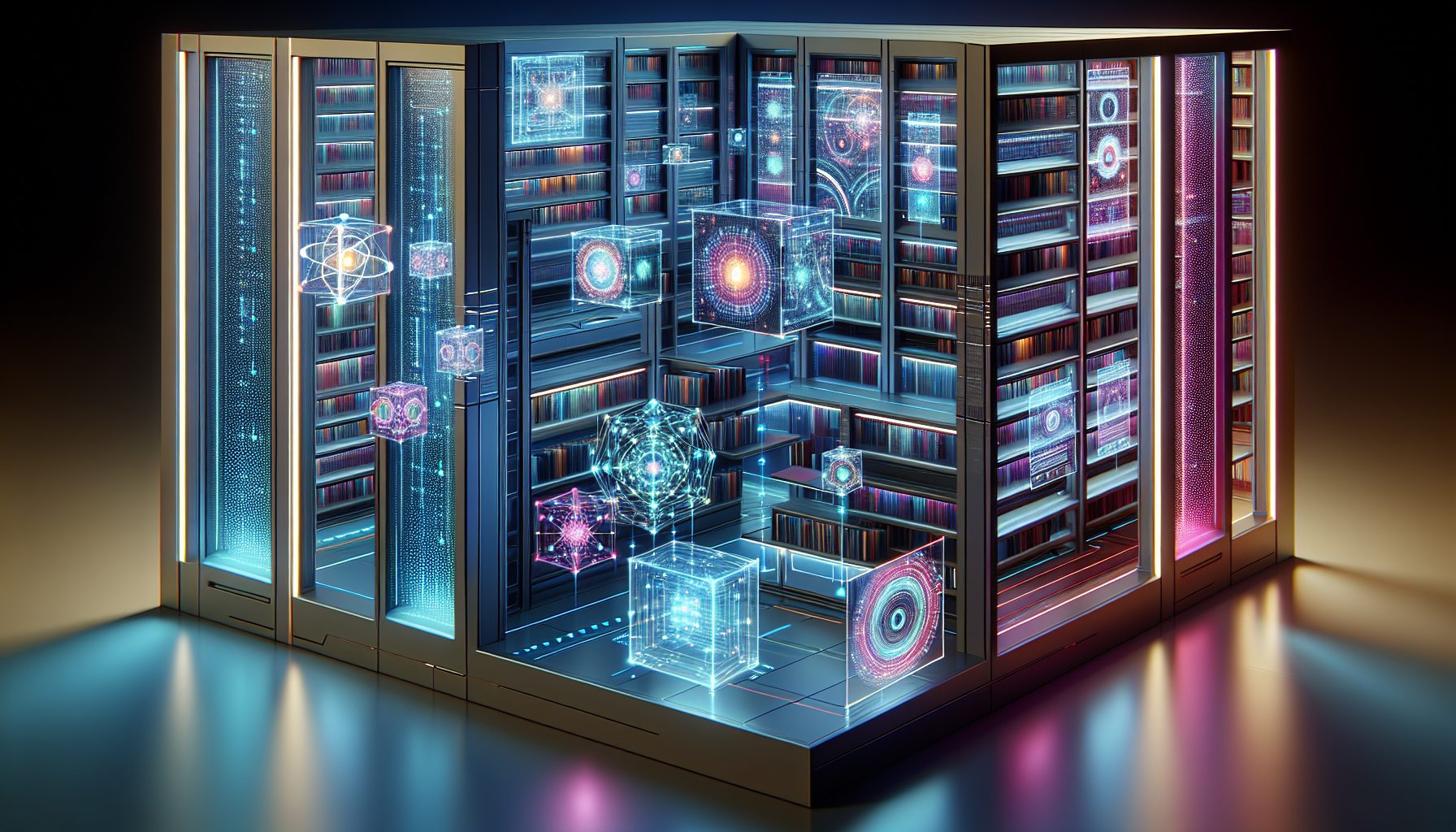Artificial intelligence has seen incredible hype since ChatGPT exploded onto the scene in late 2022. Investors have poured millions into AI companies. But some are expressing doubts about how game-changing generative AI will actually be for the economy.
Right now the advantages from AI accrue to workers, not firms. As a result, they can be hard to notice (especially if you don't try to seriously use AI yourself, which is illuminating)
These two accounts by coders are instructive:https://t.co/dqxzw1mIJshttps://t.co/ryNKP7hY7H pic.twitter.com/KqXgG2KVt6
— Ethan Mollick (@emollick) August 5, 2024
This discord inspired a two-part series on the daily podcast, The Indicator. Co-hosts Darian Woods and Stacey Vanek Smith decided to debate the question.
I was gonna do a piece about how a lot of "AI optimism" is actually (misguided imo) *skepticism* about the power of the technology, but then @nytdavidbrooks just tweeted it out. https://t.co/lOHQeBYP7m pic.twitter.com/B4lGDQrXUX
— Matthew Yglesias (@mattyglesias) August 4, 2024
Given the uncertainty over AI’s ultimate impact, they flipped an AI-generated coin to determine who would argue that AI is overrated.
Vanek Smith drew the short straw. The current AI isn’t truly intelligent, Vanek Smith argued.
So I’m not the only one who believes “A.I. will complement us instead of replacing us…” @NYTDavidBrooks https://t.co/cTCDgClQtN
— Ken Goldberg (@Ken_Goldberg) August 6, 2024
While tools like ChatGPT may initially seem like thinking machines, their functionality is based on aggregating and mimicking human-generated internet content.
This reliance on past data limits their ability to generate groundbreaking new ideas.
Today was a crazy day in tech, in many many ways.
I’m not calling the bursting of the bubble yet, but today could turn out to be a turning point.
New (free) essay at Marcus on AI [link in bio]. Nvidia, Musk’s new lawsuit, OpenAI’s downplaying of expectations, Google’s… pic.twitter.com/eGTF5vjk7X
— Gary Marcus (@GaryMarcus) August 5, 2024
AI also generates falsehoods, known as “hallucinations.” These errors range from minor factual inaccuracies to absurd recommendations, such as Google’s “AI Overviews” feature suggesting that users eat rocks.
Ai’s overstated capabilities and limits
Because AI models don’t understand the data they process, they are prone to these mistakes. Despite advancements, AI cannot replace most human jobs effectively. Many professions expected to be fully automated, like translation, are still experiencing job growth.
AI tools may assist human workers, but they lack the social awareness and reliability needed to fully replace them. AI’s capabilities are often exaggerated, Vanek Smith said. Previous news stories claimed AI excelled in various complex tasks, such as passing the bar exam or discovering new chemical compounds.
However, deeper investigation revealed that these claims were often overblown or even inaccurate. While AI shows promise in enhancing productivity, especially in coding, it still falls short in areas requiring high-quality output. Several studies have found that AI-generated code often contains errors and security vulnerabilities.
In summary, while AI has achieved impressive milestones, its capabilities are frequently overstated, and its current limitations are significant. The technology is unlikely to prompt revolutionary economic changes in the immediate future, and its application must be critically assessed, Vanek Smith concluded.









